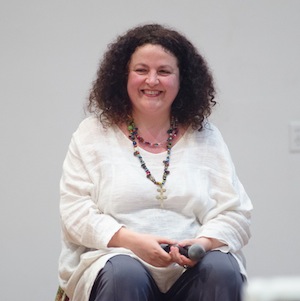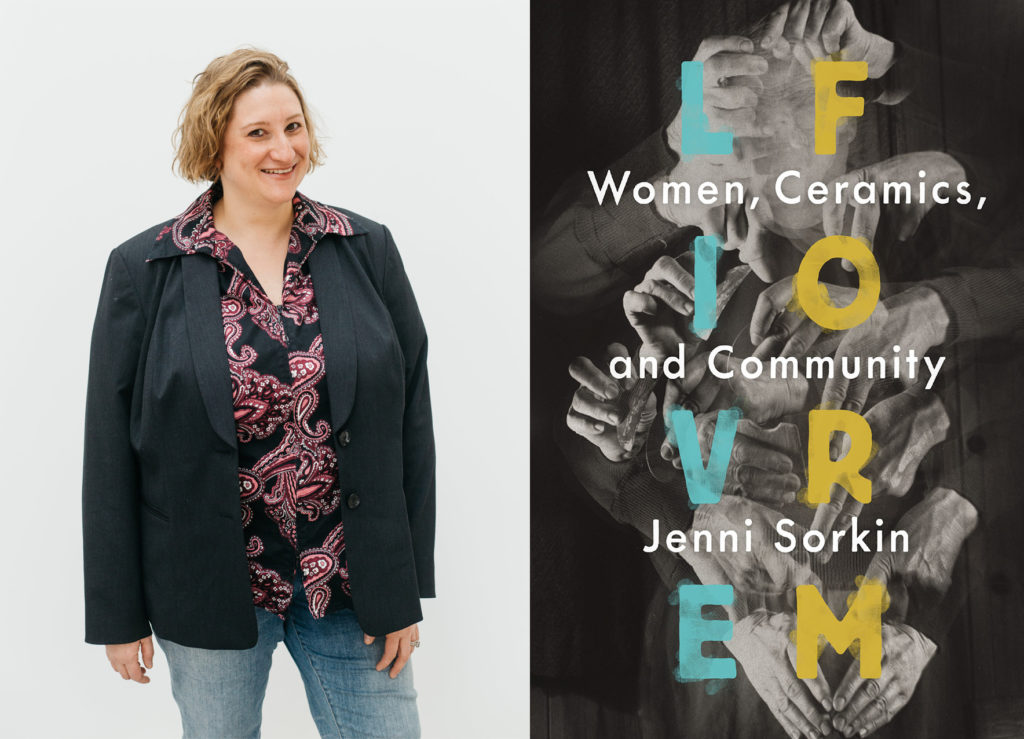Emilia Ferraro
Andrew Glasgow Resident Writer, 2013

The problem with trying to “describe” Penland is that Penland is not only a “place,” a school, a community of likeminded creative people. It is also, or mainly (for me) an experience; a sensuous experience in its widest sense, that touched the very core of my being and as such it is extremely difficult to share with others. How to convey in words the change of energies that I immediately sensed as the taxi that was taking me to Penland from Asheville turned left from the main road into the winding narrow road up to the school? The visual lushness of the vegetation, its myriad shades of colours and smells—just a timid hint of the bombarding to which my senses would soon be subjected to at the school.
How to describe the buzz and creative tension that define the very air in this small hidden corner of the Appalachian mountain range? The mist and humidity of the summer mornings only added to the sensuous quality of the place. Penland is a “place” in the traditional sense of the word as a setting with a specific geographical location, beautiful buildings in the vernacular regional style –the heritage of a long tradition of solid skills and local knowledge. But it is also a way of being that goes beyond time and space, where I was offered the luxury of taking leave from a busy academic life, mostly guided by the capitalist ethics of production that has also infiltrated “the business of knowledge.” Everything was provided for me: a wooden and stone house that defies the boundaries between “inside” and “outside”—a shelter from “nature” and a platform onto it. The food: abundant, varied, and tasty provided a concrete and tangible sign of the defining character that Penland has for me: its nourishing quality. Penland takes care of the body in a variety of ways—of which excellent food and yoga exercise are only an example. Penland nourishes souls by providing that indefinable “something” that feeds our human-ness.
Penland opened the doors of workshops and the experience and expertise attached to them. It welcomed me—an academic, not particularly “arty” (I thought)—into a community of creative and original minds. By treating me as a peer, and making me feel I had something interesting and meaningful to give, Penland gave me the confidence to experiment, dare, and push the boundaries of my own creativity and imagination. It transformed my sense of who I feel I am. It gave me space, freedom, and a safe human and physical environment to “be” in any way I felt I wanted to. It did so without asking anything in return.
When I asked what expectations Penland had about my stay, the answer I got was: “Just that you immerse yourself fully into the Penland experience.” I cannot think of a more generous and wise invitation. I could only do this by participating actively in the everyday “practice” of life at Penland. Practice opened the way to experience, and experience opened the door onto my Self. So, if I had to summarise what Penland has done for me, I would say it has allowed me to get in touch with my inner and true Being. Anyone that has had such an encounter at least once in his or her life knows that there is no going back.




